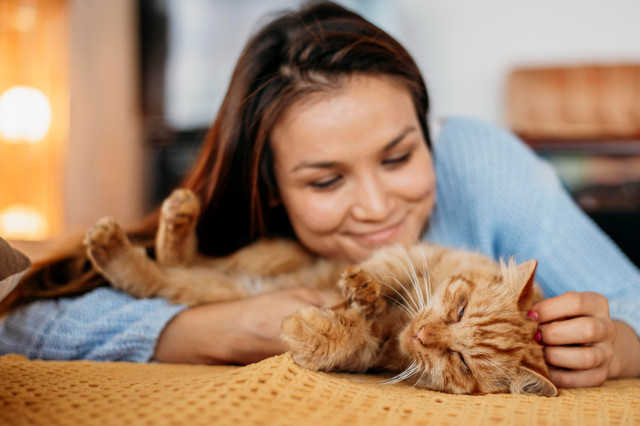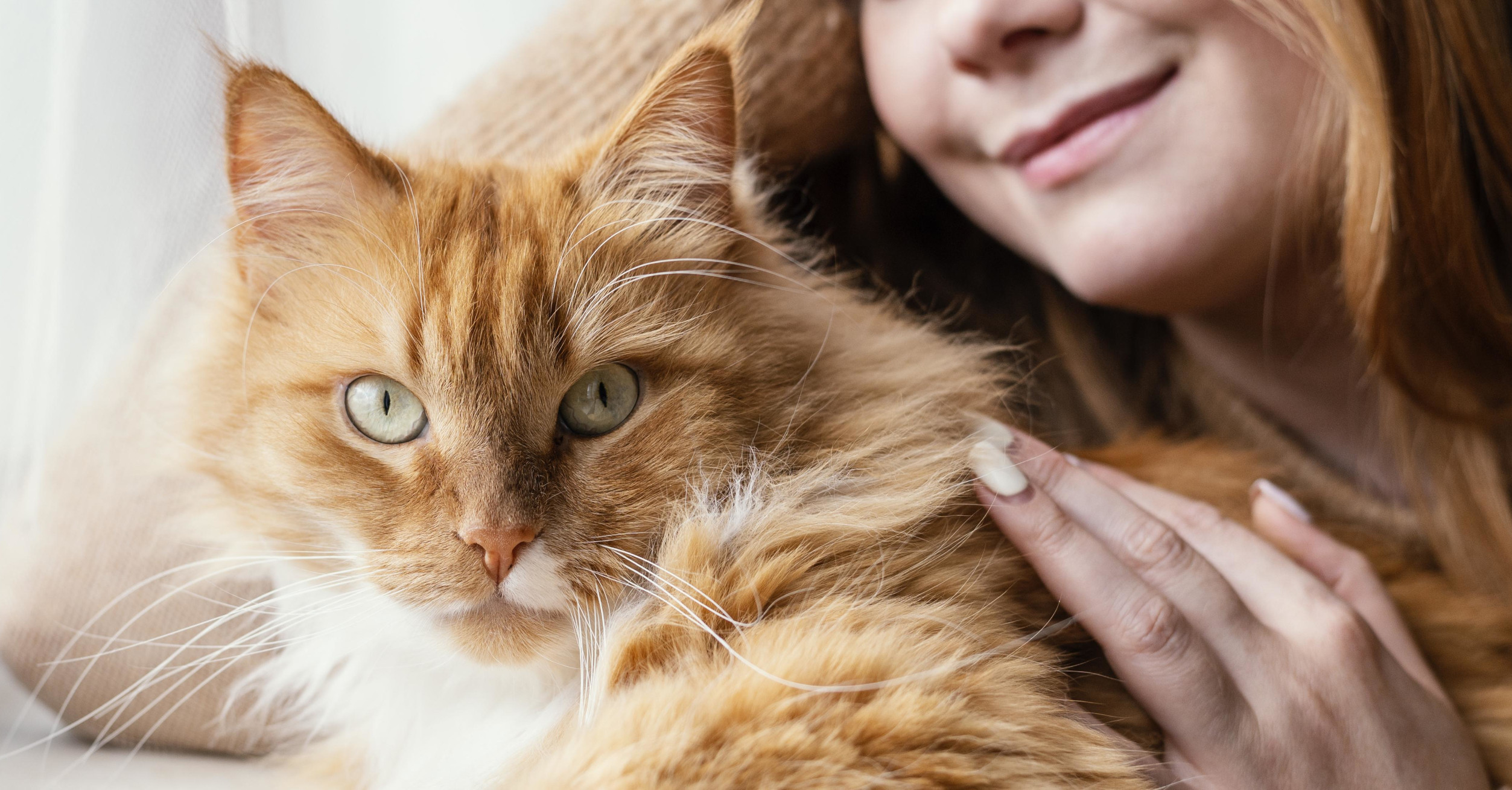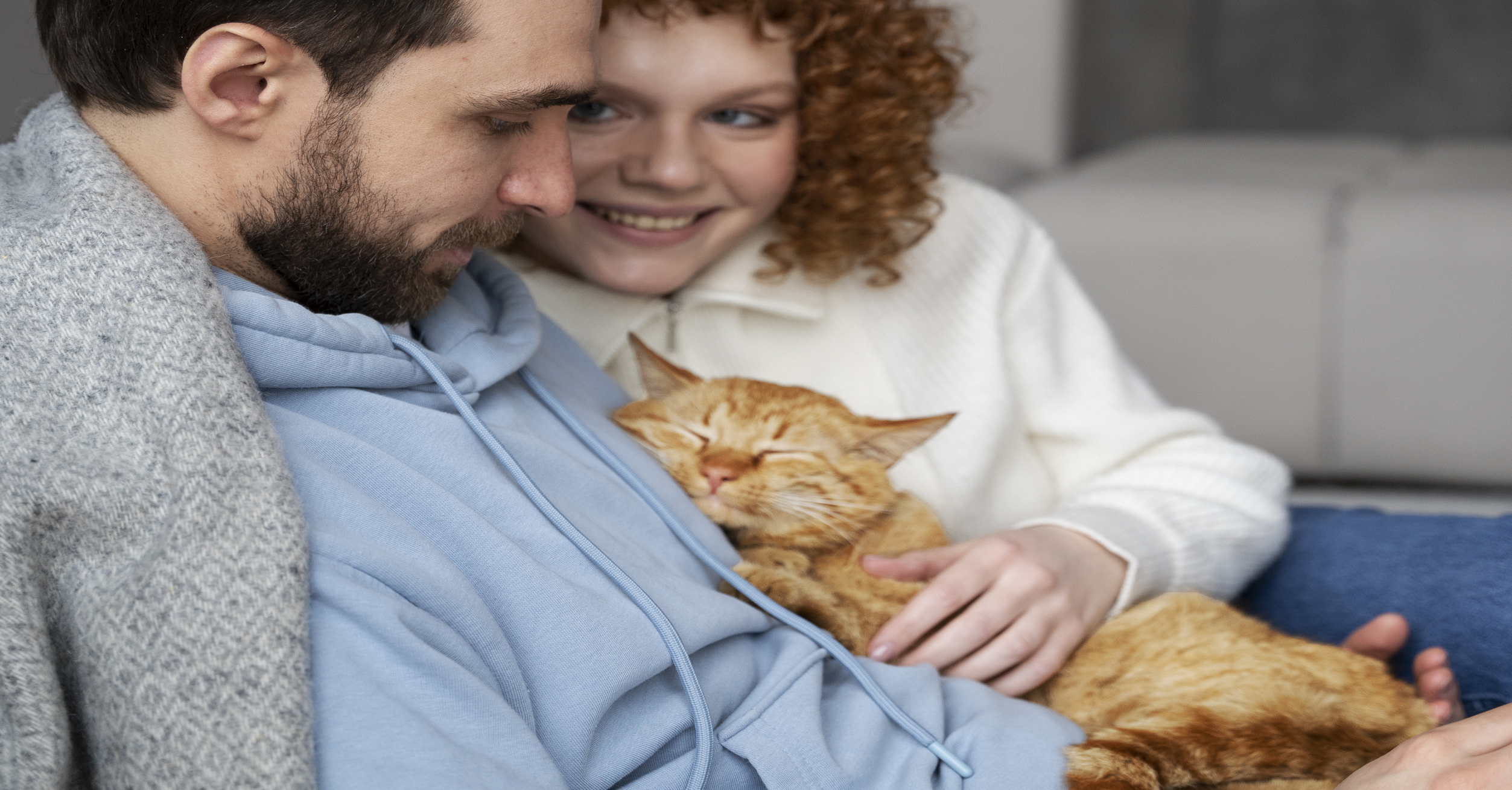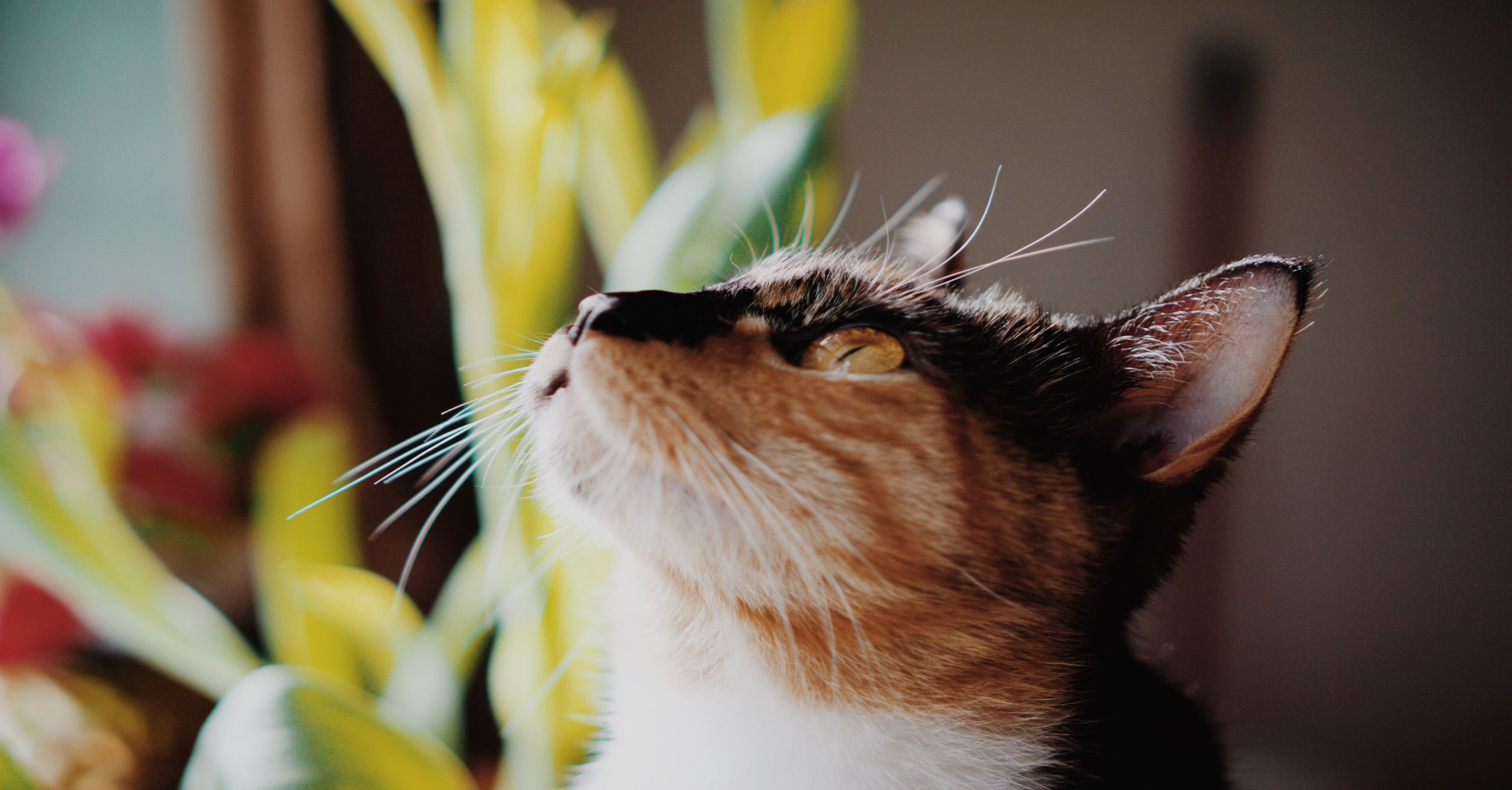In many ways, cats are independent creatures who do fairly well for themselves. However, that doesn’t mean they don’t need our help to stay in the best possible physical condition. There are many, many considerations to be made when it comes to keeping your cat healthy. This isn’t an exhaustive list, but it should be a starting point for anyone wondering how to take good care of their feline friend. Here are six good tips on how to keep your cat healthy.
1. Choose their diet carefully
Unlike humans, who are omnivorous and can eat a variety of food groups, cats are carnivores, which means they strictly need to eat a diet that is formulated for their unique metabolism to maintain optimal health. With that in mind, it’s important that your cat is getting the nutrients they need from their food.
When choosing a cat food, whether wet or dry, always take care to read the labels and ensure you’re making the best choice based on your vet’s recommendations. It’s best you ask them for advice when choosing a good quality food for your cat. A well balanced canned/wet food is always preferable as the primary diet.
2. Ensure your cat is well-hydrated
In the wild, cats don’t tend to drink a lot of water since they usually hydrate from the animals they hunt. For this reason, it’s important to ensure your cat is drinking enough water at home. If your cat is regularly dehydrated, it can lead to serious health issues later on.
Some cats are more willing than others to drink from a regular water dish, but if you suspect they’re not drinking enough, there are a few things you can try to help encourage them. One way is to invest in a water fountain built specially for cats, since many prefer to drink from a moving water source. Wet food is an excellent source of water for your feline friend. Whatever the accommodations may be, your cat should always have constant and ready access to fresh water.
3. Monitor their weight, and make adjustments as necessary
One of the best things you can do for your cat is to ensure they’re at a healthy weight. Feline obesity comes with a suite of potential health issues, including diabetes, high blood pressure, heart disease, joint pain, and more. Rather than addressing these issues as they come up, it’s best to sidestep them entirely by simply monitoring your cat’s weight throughout their life.
Your veterinarian will weigh your cat each time they’re brought in for a check-up, and they can make recommendations if they become overweight for their age and breed. It’s best to follow your vet’s advice to the best of your ability, particularly when it comes to managing your cat’s weight. It can lead to your cat living a much longer, happier, and healthier life.
4. Play with your cat and give them a stimulating environment
This is an especially key point for indoor cats, but is true for all of them. Cats are often thought of as being very low-maintenance pets, and to an extent, that’s true. They don’t need to be walked like a dog, and often would prefer to do their own thing. However, there’s a difference between giving a cat their space and neglecting them entirely. Lack of activity can lead to obesity, cats destroying things for entertainment, and even stress-related illnesses and infections.
Keep life interesting for your cat by providing them with a diverse variety of toys for them to play with, both on their own and with you. It’s also vital to make time to play with your cat. After all, you’re their whole world, and they depend on their person to engage with them and take the time to play. Every cat is different, but there are a few things you can try to keep your cat entertained and active, such as:
- Giving your cat plush toys to play with on their own, particularly with a catnip scent
- Engaging your cat with toys at the end of poles or strings that your cat can chase around
- Leaving balls or other toys for your cat to chase on their own (particularly if they make an enticing noise)
- Having your cat chase a laser pointer
- Playing fetch with your furry friend—some cats love it!
Overall, anything you can do to keep your cat active will be great for them in the long run. It provides them with entertainment beyond simply attacking you or knocking things onto the floor, and it sharpens their hunting instincts as well. One other way to help with this (depending on what kind of home you live in) is with a second cat. Assuming they get along, the two cats will often keep each other active, whether chasing one another around the house, wrestling, or simply providing company and entertainment.
Indoor cat initiative is an excellent resource to help enrich your feline friend’s indoor environment. Here is the link for you.
5. Make sure you can track down your cat in case they run away
Cats can be cunning, and even the most well-secured indoor cats may escape outside from time to time. Normally, they just want to explore a little and are likely to come back, but on the off-chance they do actually run away, you’ll want the peace of mind that you can track them down again without too much trouble. A collar with an up-to-date tag with their name and your contact information is one great way to ensure they find their way back to you one way or another, and of course, a microchip is the most reliable way to reunite owners with their lost cats.
6. Take your cat in for regular check-ups with your veterinarian
Perhaps more than anything else, the best thing you can do to keep your cat healthy is to check in regularly with an expert on their health. You should establish a relationship with a trusted veterinarian as soon as you get a new cat. If you’re able to keep going to the same one, they’ll also begin to get familiar with your pet and will be able to better help you look after them.
Bringing your cat into the vet, even for a simple check-up, a few times a year drastically improves the chances of catching potential health issues early, allowing you to get on top of these problems before they become full-blown conditions. Your veterinarian can also monitor your cat’s weight, make recommendations for food, toys, and other necessities, and provide overall peace of mind that your cat is healthy and happy as can be.
Creative Commons Attribution: Permission is granted to repost this article in its entirety with credit to Hastings Veterinary Hospital and a clickable link back to this page.






